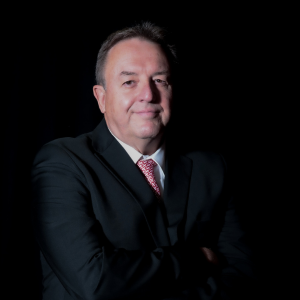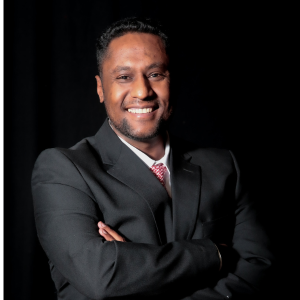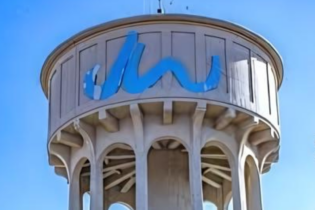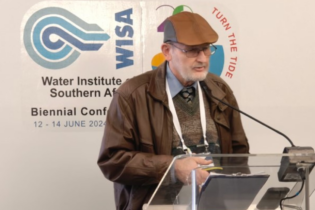Multiple provinces in the country are grappling with deteriorating water quality and increasingly frequent and lengthy disruptions to water supply. And as a workplace management solutions provider, Tsebo is tackling this reality head-on.

Aubrey McElnea, CEO of Tsebo Facilities Management.
Water solutions
He says that a great deal of due diligence must go into implementing water back up and water monitoring systems. “For instance, in addition to determining the needs of the company, there is a civil engineering component to constructing a water storage solution. Various plans and approvals need to be made. It is also important to have a good overview of the water use in a business’s operations. Very often, companies need less water back up than what they think if they just manage their available water a little better.” There are seldom one size fits all water solutions. Businesses may occupy single-level buildings, multi-level buildings or multiple buildings in office parks. Some companies want water tanks above ground and other companies opt for an underground solution. The amount of backup water needed will vary from one company to another. While it is important to have backup water, the quality of the water needs to reach either potable standards or have a quality that can be used in a company’s production processes.
Ebrahim Patel, head of engineering at Tsebo Facilities Solutions
Other companies want to reduce water usage by firstly monitoring the amount of water used, followed by identifying and targeting leaks. This is an iterative process where the solution is constantly tweaked based on new data obtained through smart meters.
Tsebo have their own real-time monitoring system that can calculate a number of parameters; from water inflow and outflow at various points, flow rates, water pressure, valve closures to pump and motor performances. “We can not only tell how much water is available in a client’s water storage tank but can predict how long that water will last, based on historical data. Alarms can be set based on water pressure, tank levels or pump performance to the requisite people at the requisite management levels. This equips businesses to maintain their continuity, it decreases a business’s reaction time and pinpoints the nature of a problem,” notes Patel. Water monitoring systems have been available for many years, but they have become more affordable to the average business. Monitoring can also be easily scaled and does not have to be costly. One issue with the installation of smart meters and other instrumentation is the risk of theft.“Tsebo has its own high-tech security company. It is relatively simple to remotely monitor a device and create a security response to it. We have two national operating centres – one in Midrand and the other in Cape Town. Black screens are used, and only go live when unusual activity is detected,” says McElenea.Looking at the entire site holistically from a workplace management tool McElnea highlights investment in education and training around the importance of water conservation is as this important as investing in its physical infrastructure. While most of Tsebo’s clients are in the private sector, they have been involved with three successful public-private partnerships (PPP) where they construct and maintain infrastructure and then hand that infrastructure back to the government after a number of years. “We were one of the first facilities management companies to be involved in a PPP. One of the PPPs we are involved in has been running for 23 years. It is all about directing private sector funding into public infrastructure. PPPs are a strategic model for pooling resources and expertise, accelerating the deployment of innovative solutions and ensuring sustainable management practices. In a country with scarce resources, we should harness skills and funding available in the private sector. We believe that a collaborative approach between the public and private sector is the only way that we can tackle the intermittent water supply and decline in water quality,” concludes McElnea.







